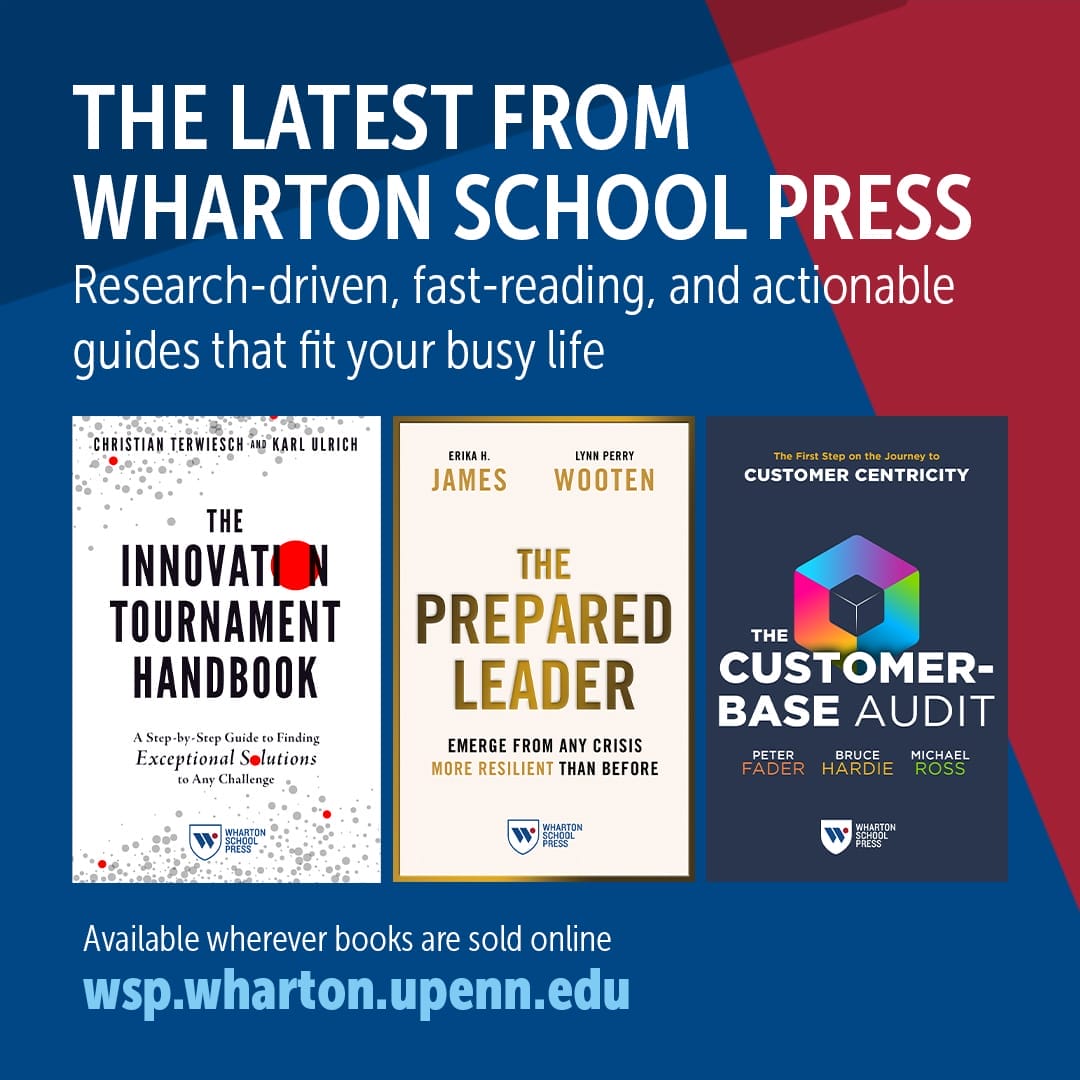Recently, I attended an event where Julie Lythcott-Haims spoke. Lythcott-Haims is a former Stanford dean and author of How to Raise an Adult: Break Free of the Overparenting Trap and Prepare Your Kid for Success. Her message was clear and resounding: over-parenting ultimately harms kids, and it isn’t so great for parents, either.
Over-parenting, often called helicopter parenting, refers to the rather recent trend of parents vigilantly managing every aspect of their child’s life, from nightly homework checks to a tightly packed schedule of extra-curricular activities – from which parents anxiously shuttle their children to and fro, as free time to pursue their own interests becomes a distant memory. While this high level of involvement and supervision is intended to benefit children and give them a competitive edge, Lythcott-Haims witnessed some troubling effects during her time at Stanford. She spoke about seeing scores of students with outrageously impressive resumes and realizing that these resumes didn’t reflect the students’ own passions and interests, but their ability to follow parental orders. This conclusion was reinforced by watching moms and dads not only accompany prospective Stanford students to their initial meetings but also speaking largely on their child’s behalf. Later, she noticed these same parents calling to set up their child’s interviews, driving them there and prepping them on what to say before they headed in.
While these parents on one level helped their children become successful enough to interview at Stanford, they hadn’t helped them learn self-reliance or how to strike out on a path of their own choosing. Lythcott-Haims’ words resonated with me both as a parent who struggles between wanting to do for my children and wanting them to develop the skills to do for themselves, and also as the owner of an admissions consulting business. I’ve often witnessed the parent-child dynamic she described, such as the times when I’ve received a phone call from a client’s parent who wants to discuss an issue about their child’s application with me, as opposed to letting the client and their consultant sort it out for themselves.
Perhaps some of you current MBAs or business school applicants are seeing your own parental relationship in the above descriptions. If so, here are a few tips to help make sure that you’re successfully transitioning into a self-sufficient professional adult.
Fight your own battles.
Perhaps you don’t agree with Lythcott-Haims’ conclusion that helicopter parenting is harmful. You may view your parents as an essential part of your success, and you therefore desire and value their ongoing input. There is absolutely nothing wrong with that. But by the time you get to business school, you should be the one driving your work and solving your disagreements with professors or roommates. If you continue to let your parents fight these battles on your behalf, you risk having your competence and maturity questioned, and you’re missing valuable opportunities to hone your conflict management skills – a key to becoming a successful business leader.
View failure as a necessary part of your path.
In her book, Lythcott-Haims argues that failure is a key to building resilience in children and young adults. It’s also an unavoidable part of adult life. But if you had parents who shielded you from every failure, it may be harder for you to accept this fact than it is for those who had to pick themselves back up more often. You’ll inevitably experience failure on the MBA journey – from getting passed over or waitlisted by your dream school to not getting that coveted internship. Instead of fearing failure, deal with it productively – learn from it and apply that knowledge going forward.
Learn to trust yourself.
Children whose parents edit their school papers and fix every wrong answer on their math homework often have trouble gauging the strengths and weaknesses of their work because they’ve never had to do so. This tendency follows many into adulthood. We see this in clients who want their consultants to obsessively edit – or completely overhaul – every single line of their application essays. They don’t do this because they’re trying to avoid the work, but because they simply don’t trust themselves to produce worthwhile content without heavy intervention. In business school and beyond, it’s important to have the self-confidence to stand behind one’s own work – even if it doesn’t ultimately succeed. Ask yourself what you think before seeking the input and approval of others.
Make sure you’re pursuing your own dreams and interests.
Finally, if you’re in an MBA program or on the path to one, it’s hopefully because you want to be there. Unfortunately, this isn’t the case for everyone. Following a certain path because of parental desire is nothing new – but adults who were over-parented can be especially susceptible to this, as they may not have been given the space or encouragement to figure out their own dreams and interests.
If this resonates with you, you may want to take a step back and think deeply about what gives your life meaning and purpose and how pursuing an MBA will enrich this for you. If your main motivation is sparing your parents from disappointment, you can still be a successful MBA, but you probably won’t be a happy one.


























